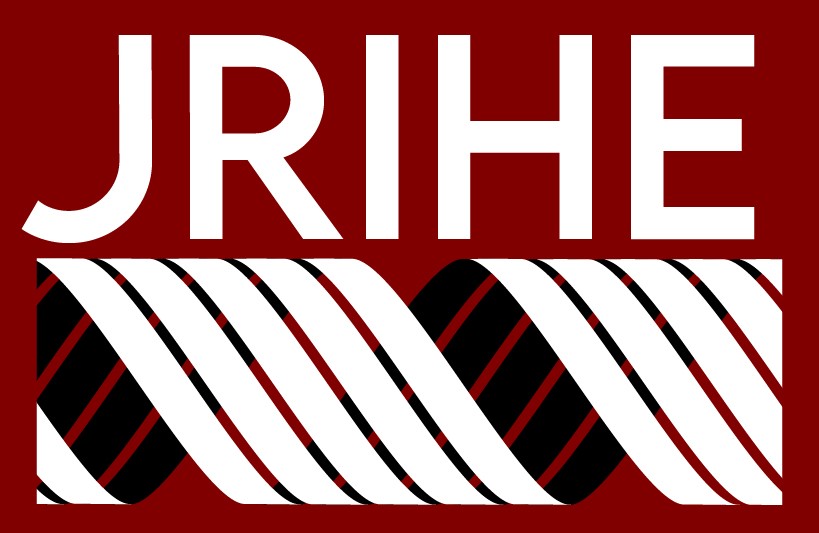Unveiling linguistic dynamics: A critical discourse analysis of Taiwan's Bilingual Nation 2030 policy and its impact on Taiwanese identity

Published 2023-12-31
Keywords
- Critical Discourse Analysis (CDA),
- ideology,
- Bilingual Nation 2030,
- language policy,
- identity
How to Cite
Copyright (c) 2023 Junaid Kajee

This work is licensed under a Creative Commons Attribution 3.0 Unported License.
Abstract
This research engages in a critical discourse analysis to scrutinize the linguistic dynamics embedded within Taiwan's Bilingual Nation 2030 policy and its implications for Taiwanese identity. The study employs a qualitative approach, drawing on official documents, policy statements, and public discourse to uncover the underlying ideologies, power structures, and discursive strategies shaping the implementation and reception of the policy. The analysis focuses on the intersections of language policy, identity formation, and innovation, exploring how the promotion of bilingualism is framed in relation to notions of cultural heritage, globalization, and geopolitical security. By examining ideological underpinnings, representations of linguistic diversity, and the construction of national identity, this research aims to provide insights into the broader socio-political context influencing the shaping of language policies in Taiwan. Furthermore, the study investigates the impact of the Bilingual Nation 2030 policy on individual and collective identities, considering how linguistic choices and representations contribute to the negotiation and construction of Taiwanese identity. By unpacking the impact on various stakeholders, including government, academia, and civil society, this research seeks to contribute to a nuanced understanding of the complex interplay between language, policy, and identity in the context of Taiwan's evolving socio-political landscape. Ultimately, the findings aim to inform discussions on the role of language policies in shaping national identity and fostering cultural cohesion within diverse and dynamic societies.

